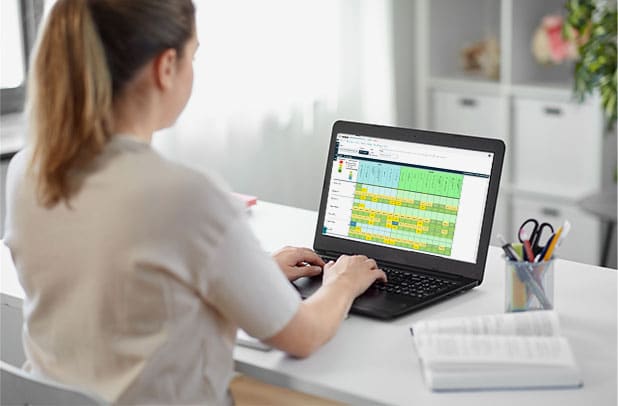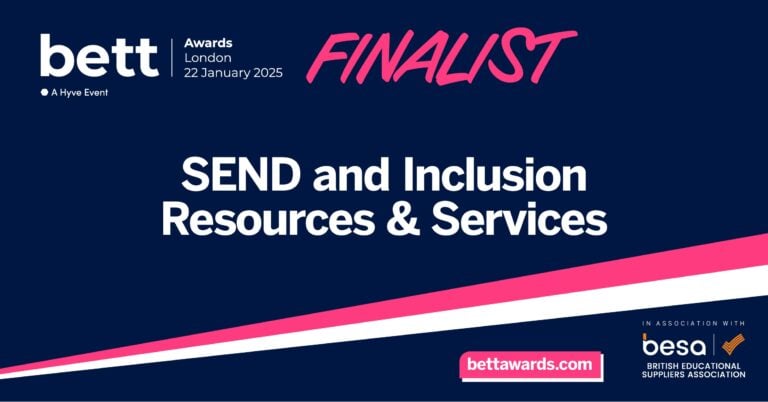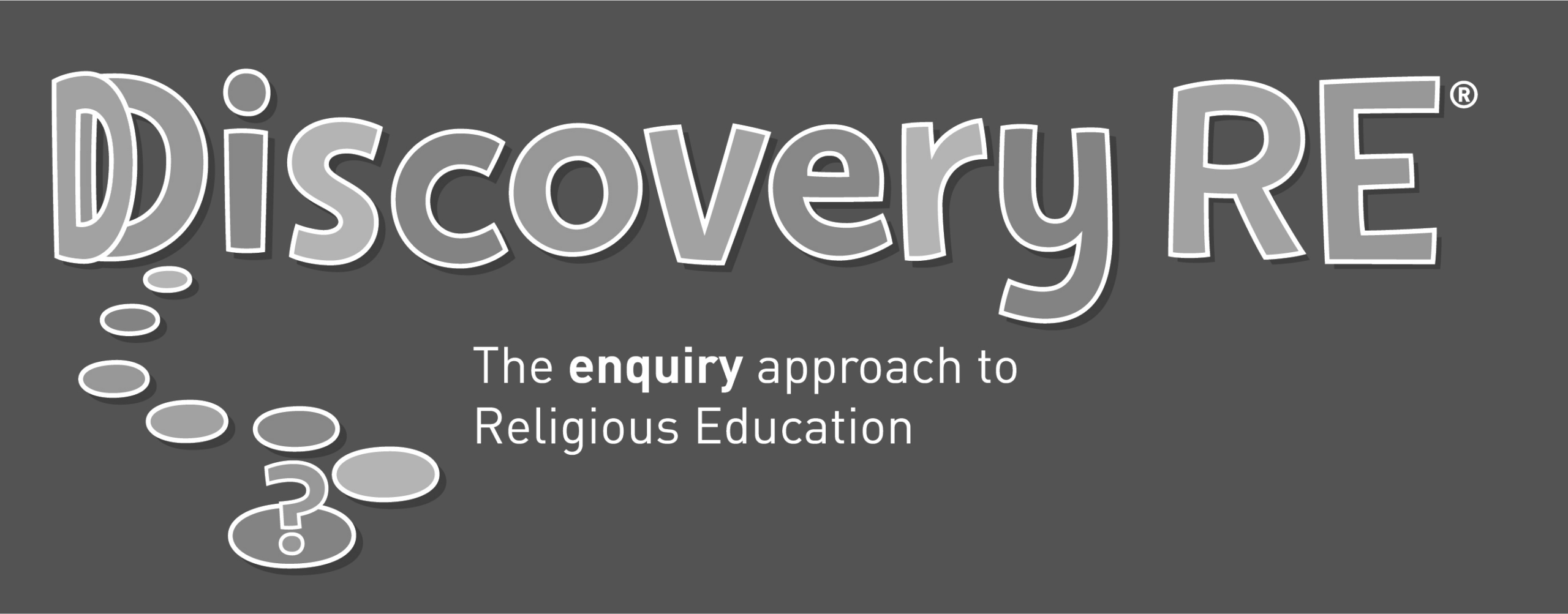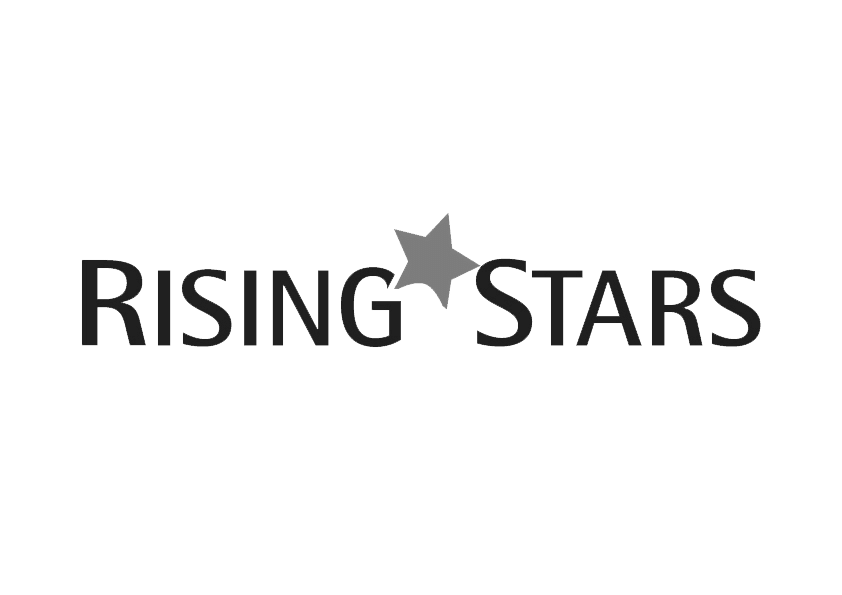
Does Data Really Serve A Purpose?
Schools are typically knee-deep in data, some are up to their necks in the stuff and others are drowning. It shapes the landscape of our professional lives. Everyone seems to be looking at data too but the question is what are they looking at and doing with it? Does it actually serve a purpose and make a difference?
Not when the data is redundant and ineffective. Data needs to reflect what is happening on the ground otherwise it is dated and just spoiled milk. There’s also little point in being data-rich and information-poor as too much data is worse than no data at all.
Data does tell us something, but it doesn’t tell us everything, and sometimes it isn’t telling us much at all. However, data can be valuable and when used intelligently and strategically, data can make all the difference as it is one of the most dynamic tools to inform, engage, and create opportunities for students along their education journey.
In the right hands, data can empower parents, students, teachers and other stakeholders with a complete picture of student learning. In the wrong hands, data just feeds the data monster with more spreadsheets.
Data has been demonised and bent out of shape because it has traditionally been associated with just one thing – test scores. This has led to tunnel vision and taken the focus away from a host of other information points that feed into creating a whole picture of individual pupils. Test data is only a tiny sliver of a much larger portrait.
This is little surprise because in the winds of a high-stakes accountability audit culture, test results have been used as a hammer rather than a torch whereby data has been used to punish schools with. Sometimes these results are so disconnected from reality that they cannot be used as a tool for feedback and improvement anyway. Unfortunately, the focus has been on data drivel rather than on individual and community needs.
Data Reach
Data extends well beyond just testing and there are many types of data that support student learning and personal progress. It is basically any information that helps teachers make positive decisions for students and the more diverse the sources of data, the more of a macro view of understanding we have.
Academic and demographic information, assessment information, teacher observations and student actions all come together to help teachers make connections that lead to key insights and improvements.
Data-savvy teachers unceasingly, efficiently, and ethically access, interpret, act on, and communicate multiple types of data.
Data has to be relevant to the needs of a school and support teachers and senior leaders. It should be used to communicate how students are doing and to improve their learning. The right data, in the right format, used the right way makes waves.
Data analysis requires time, practice and sophisticated systems that support teachers and their professional judgements, not add to their workload.
Educater’s suite of systems help here because they are powerful and necessary tools to improve teaching, leadership, and learning. It’s school tracking and communication software provides schools with timely, easy-to-understand information that they can use to make decisions and act.
Educater take the quantitative and qualitative dots and data points and help build a picture like a pointillist painting. It provides systems that work and make sense of data.
There is a strong relationship between teachers’ data literacy skills and their students’ academic achievement. Educater also helps schools build data wisdom and data literacy so that teachers understand they aren’t responsible for data but responsible for their response to data.
Data analysis as a continuous process, not an event and the basis for professional conversations. It is about responding to data with decisive actions in teaching, leadership and allocation of resources and for asking mission critical questions.
Data Conversations
Data has the potential to transform education into a personalised experience that meets the needs of individuals. It has the impetus to drive change and gets teachers focused on what they need to do, why they need to do it and leads to some thoughtful decision making.
When data is used well it recognises the faces, names and real lives behind the information. It looks at student success through the lens of strengths, frames individual assets and works hard to build improvements.
Let’s aim for a culture of using data constructively for positive, supportive change and shift the narrative by building conversations around quality data.
We need to create a climate for data use and build a safe climate focused on improvement rather than accountability.
Without data, we are just relying on hunches and it is data, not luck and guesswork that helps students reach their goals. Making data work requires it to be useful, usable, and ultimately used to support student success and that means avoiding a deficit model of data.
Effective teachers have always used data to inform their teaching. It is simply a tool to help improve teaching and learning and must be thoughtfully applied to ensure the most benefit and least harm, and so that it works for every student.
Data are not the end of the conversation but allow teachers to dig deeper, personalise learning, and improve student experiences and outcomes in a number of ways.
Data-informed decision making is important for school improvement and Educater can help you wire up a data ecosystem and be the integrator of information for the whole school.
Data Solutions
Thanks to better software, data is quicker, easier and cheaper to collect, analyse and understand than ever before. To make the right decisions, teachers need the right tools and Educater can help teachers see things they might not see otherwise.
The business of running schools and teaching classes has always been an exercise in data management. What Educater can offer is the power to transform the life of a school by improving its efficiency and accuracy and so make teaching a happier job and liberate teachers.










